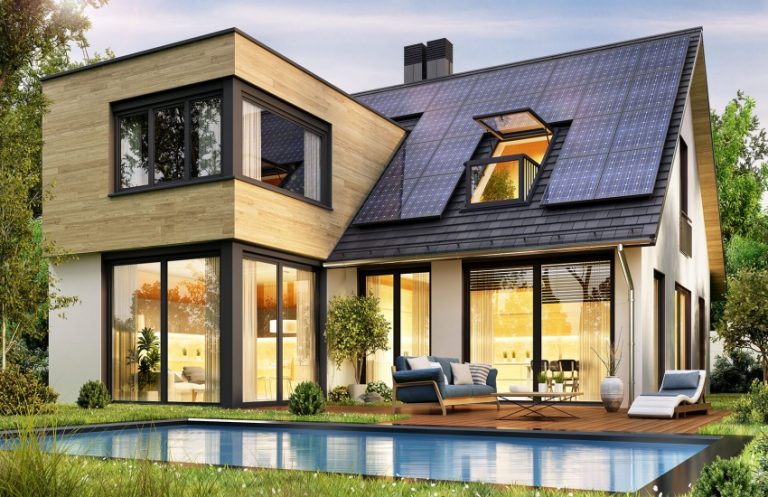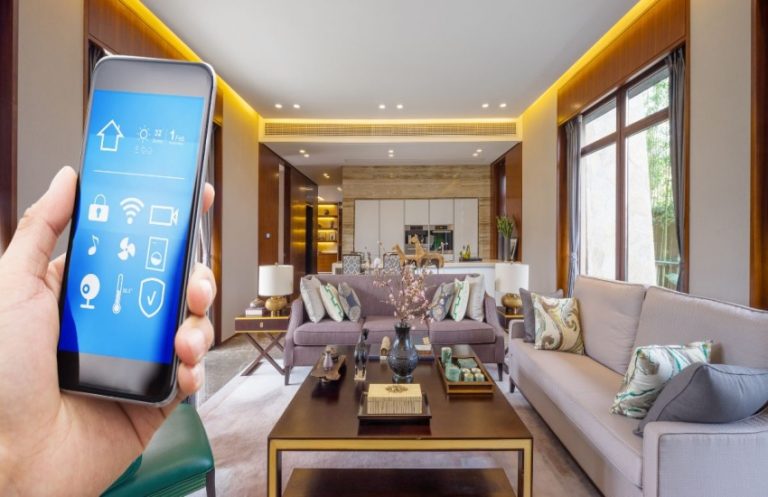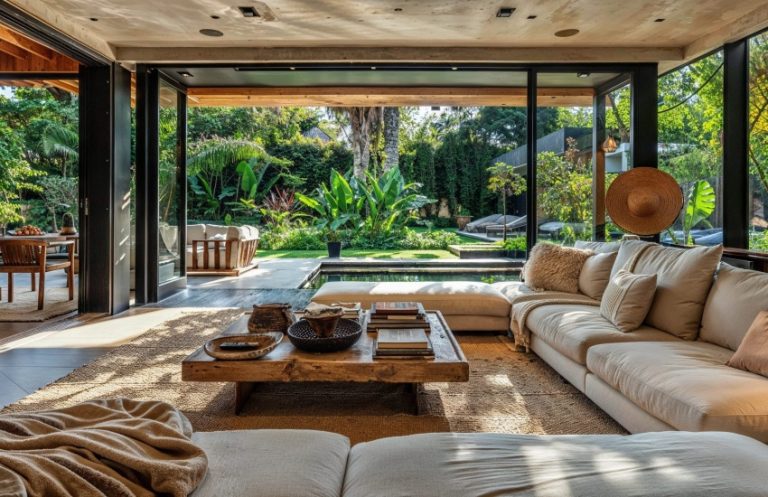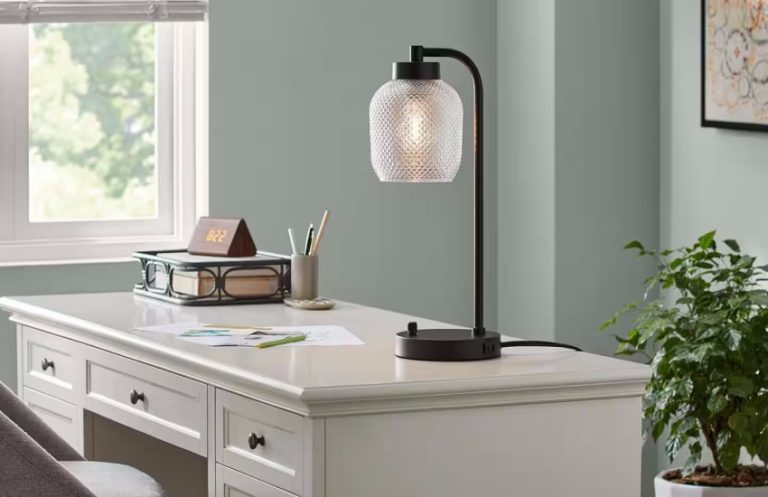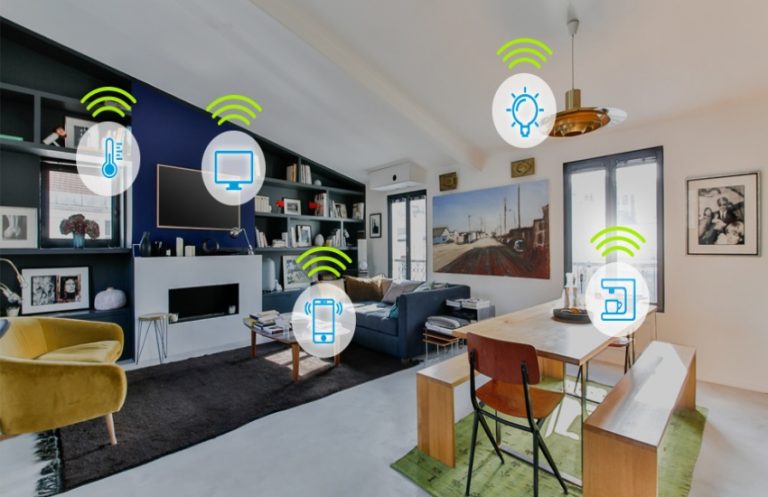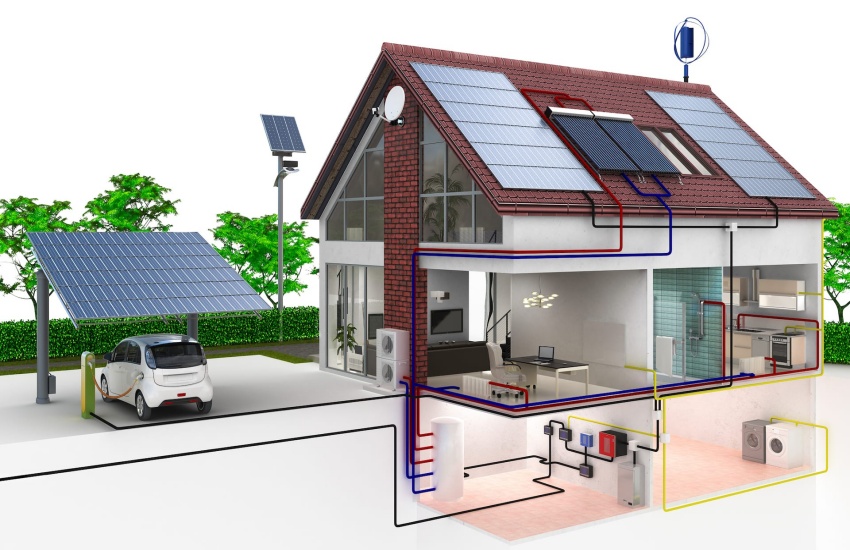
Windows play a critical role in energy efficiency. Upgrading to double or triple-pane windows can minimize heat transfer and reduce reliance on heating and cooling systems. Low-emissivity glass can further enhance performance by reflecting heat back into the home during colder months and blocking unwanted solar gain during warmer months. Proper sealing of windows and doors is equally crucial. Weather stripping and caulking can eliminate drafts, ensuring that conditioned air remains inside the home.
Heating and cooling systems are significant contributors to energy usage. Investing in energy-efficient HVAC systems can lead to substantial savings over time. Look for systems with high Seasonal Energy Efficiency Ratios and Energy Star ratings. Regular maintenance, including changing filters and scheduling annual check-ups, can ensure that these systems operate efficiently. Programmable thermostats allow homeowners to set heating and cooling schedules, optimizing energy use based on occupancy patterns.
Lighting choices also impact energy efficiency. Transitioning to LED bulbs can reduce energy consumption significantly compared to traditional incandescent bulbs. LEDs last longer and provide better quality light, making them an excellent choice for both indoor and outdoor spaces. Incorporating natural light into home design can further enhance energy efficiency. Strategically placed windows and skylights can reduce the need for artificial lighting during the day, creating a bright and inviting atmosphere.
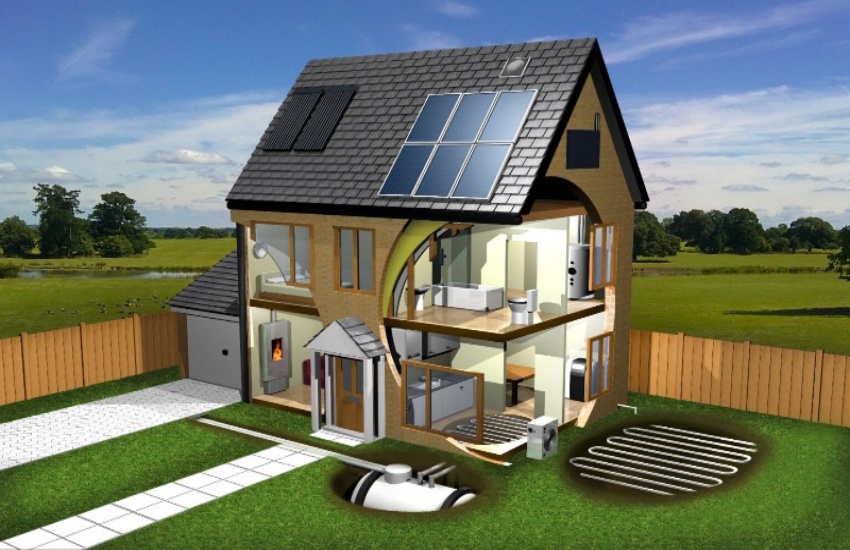
Appliances are another area where energy efficiency can be improved. Selecting Energy Star certified appliances ensures that they meet strict energy efficiency guidelines. These appliances consume less energy and water, translating to lower utility bills. When shopping for new appliances, consider their size and capacity. Choosing appropriately sized appliances can prevent energy waste, as larger models often consume more energy than necessary for smaller households.
Water heating is a significant energy consumer in many homes. Insulating hot water tanks and using energy-efficient water heaters can help reduce energy usage. Tankless water heaters provide hot water on demand, eliminating the energy loss associated with traditional storage tanks. Additionally, installing low-flow fixtures in bathrooms and kitchens can reduce water consumption while maintaining performance.
Landscaping can also contribute to energy efficiency. Planting trees strategically around a home can provide shade during hot months, reducing the need for air conditioning. In colder months, deciduous trees can allow sunlight to warm the home, minimizing heating costs. Using native plants in landscaping can reduce the need for irrigation, further conserving water.
Exploring these energy efficiency tips can empower homeowners to create more sustainable and cost-effective living environments. By focusing on insulation, window upgrades, HVAC systems, lighting, appliances, water heating, and landscaping, individuals can significantly improve their home’s energy performance. Embracing these practices not only benefits the environment but also enhances overall comfort and reduces long-term expenses.
